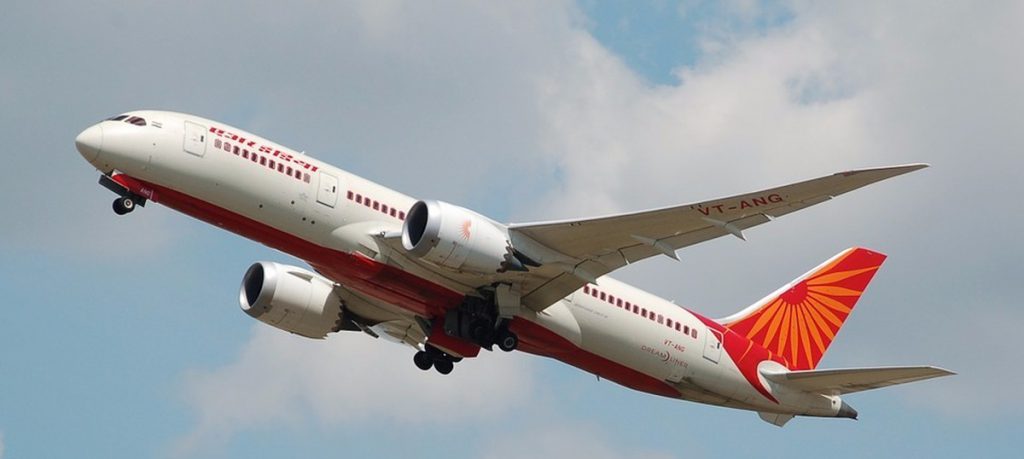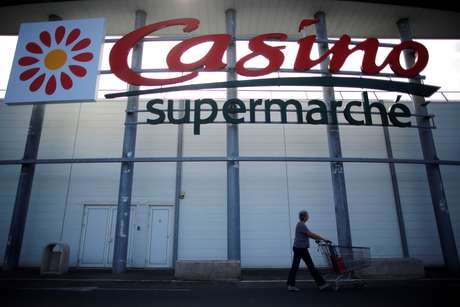Rising oil prices upset long-haul plans of airlines, delay recovery

By Administrator_ India
Few sectors are as impacted as aviation by the pandemic. With travel coming to a standstill and recovery not on the horizon even with vaccination, airlines have been finding it tough to stay aloft.
A year and a half since the first case of COVID-19 was discovered, the world is nowhere close to where it was in any sphere. Aviation is reeling under the pandemic slowdown.
A few governments bailed out their airlines while another few extended lines of credit or cheaper loans. Without any significant help, aviation in India is struggling. But come to think of it, the aviation industry has been struggling even before the pandemic.
A fast-paced vaccination and the possibility of opening up offer hope for airlines. In that context, the rise in fuel prices coupled with higher inflation and higher airport charges could not have come at a worse time for the industry. These are a huge setback for airlines, with the likelihood that the recovery will further be delayed.
Airlines have been upbeat that the pandemic will lead to passengers ditching the traditional hub and spoke model of airlines and look for direct flights to avoid mixing with more crowds at hubs and changing flights.
Vistara, the TATA-SIA joint venture, had applied for permission to fly non-stop to the United States and holds permission to fly post-September 1. Likewise, IndiGo, India’s largest carrier by fleet and domestic market share, is betting on narrowbody long-haul aircraft to fly to places within the 7- hour radius from India as part of its expansion ambitions.
Globally, all airlines are betting big on non-stops and airlines have focused on retiring larger and four-engined aircraft. The last few years have seen a massive expansion of services between India and the United States. Air Canada returned to India.





